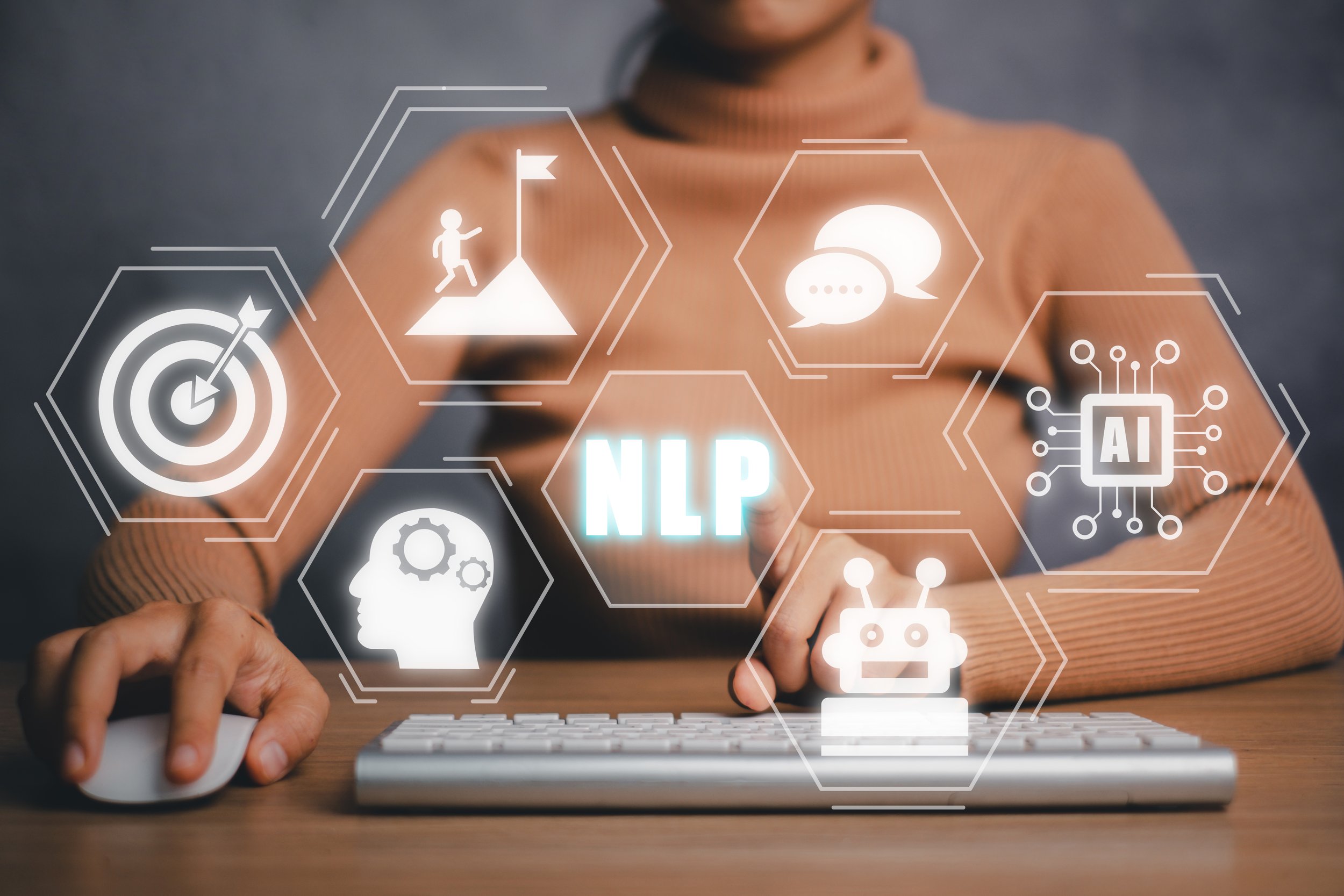Future of Smart Assistants
Abstract:
AI-powered virtual assistants are revolutionizing the way businesses function by automating tasks, enhancing customer service, and boosting operational efficiency. These smart systems leverage natural language processing, machine learning, and data analytics to handle tasks that once required human effort. From addressing customer queries to overseeing internal workflows, AI assistants are simplifying business operations across various sectors. As this technology advances, virtual assistants are likely to take on an even more crucial role in decision-making, personalization, and scalability—providing companies with a notable competitive edge in an increasingly digital landscape.
Keywords:
AI, Virtual Assistants, Business Operations, Automation, Customer Service, Machine Learning, Operational Efficiency, Natural Language Processing
Introduction:
The emergence of AI-powered virtual assistants is revolutionizing business operations by automating routine tasks, enhancing productivity, and improving customer experiences. These virtual assistants are not just tools for answering customer queries but are capable of managing complex tasks, analyzing data, and making informed decisions. By leveraging AI technologies such as machine learning, natural language processing, and predictive analytics, businesses are streamlining operations, reducing costs, and providing personalized services to their customers. This article delves into the current and future potential of AI virtual assistants in business operations, focusing on their applications, benefits, and future developments.
Main Body:
Automation of Repetitive Tasks:
One of the primary advantages of AI-powered virtual assistants lies in their capacity to automate repetitive tasks. These assistants are employed for various functions, including scheduling meetings, managing email correspondence, addressing customer inquiries, and updating databases. By alleviating employees of these mundane responsibilities, organizations can enhance efficiency and enable their teams to concentrate on higher-value activities that necessitate creativity and strategic thinking. This leads to considerable time savings, streamlined workflows, and the ability to scale operations with minimal human intervention.Enhancing Customer Service:
AI virtual assistants are becoming increasingly sophisticated in customer service, offering businesses the ability to provide 24/7 support. These systems can handle a wide range of customer inquiries, from frequently asked questions to more complex issues, providing instant responses and reducing wait times. With natural language processing (NLP), virtual assistants can understand and respond to customers in a conversational manner, offering a more personalized experience. Additionally, AI-powered assistants can analyze customer data to predict needs and offer relevant solutions, improving overall customer satisfaction and loyalty.Data-Driven Decision Making:
AI virtual assistants possess the capability to assist businesses in making more informed decisions by analyzing extensive datasets and delivering actionable insights. Whether the focus is on assessing market trends, evaluating customer preferences, or optimizing internal workflows, these virtual assistants, which are equipped with advanced machine learning algorithms, can produce valuable data-driven insights. Furthermore, these assistants are capable of monitoring key performance indicators (KPIs) in real-time and alerting business leaders to potential issues or opportunities. This functionality facilitates faster and more accurate decision-making processes.Integration with Other Business Tools:
AI-powered virtual assistants are becoming increasingly integrated with other business tools and software. Whether it’s Customer Relationship Management (CRM) systems, Enterprise Resource Planning (ERP) systems, or project management tools, virtual assistants can seamlessly interact with existing platforms to enhance functionality. This integration allows for streamlined data flow across departments, greater collaboration, and improved operational efficiency. As businesses continue to adopt AI technology, the ability to integrate virtual assistants into their technology stack will be crucial for maximizing the value of these systems.Future of AI-Powered Virtual Assistants:
As AI technology continues to progress, the role of virtual assistants in business operations is poised for significant expansion. Future advancements in AI—such as improved machine learning models, sophisticated natural language processing, and deeper integration with IoT devices—will empower virtual assistants to undertake increasingly complex tasks. In the coming years, these systems could facilitate higher-level decision-making, manage intricate customer interactions, and even aid in strategic planning by analyzing extensive business data. Moreover, as AI ethics and security improve, businesses will become more confident in entrusting virtual assistants with sensitive responsibilities, including the handling of personal data and making financial decisions.
Conclusion:
AI-powered virtual assistants are transforming the way businesses function by streamlining tasks, enhancing customer interactions, and boosting overall productivity. As these technologies advance, they are set to become even more crucial in driving business growth, optimizing operations, and offering tailored customer experiences. The future looks bright for AI-powered virtual assistants in business, with ongoing innovations enabling these tools to tackle increasingly complex and strategic roles. As more companies embrace AI solutions, virtual assistants will emerge as essential assets for achieving efficiency, scalability, and a competitive edge.
Resources:
Gartner – AI-Powered Virtual Assistants Are Redefining Business Operations
https://www.gartner.com/en/articles/ai-powered-virtual-assistants-are-redefining-business-operations
· Forbes – How AI Virtual Assistants Are Enhancing Customer Service
https://www.forbes.com/sites/forbestechcouncil/2021/06/15/how-ai-virtual-assistants-are-enhancing-customer-service
· McKinsey & Company – The Potential for AI in Business Operations
https://www.mckinsey.com/business-functions/mckinsey-digital/our-insights/the-potential-for-ai-in-business-operations

